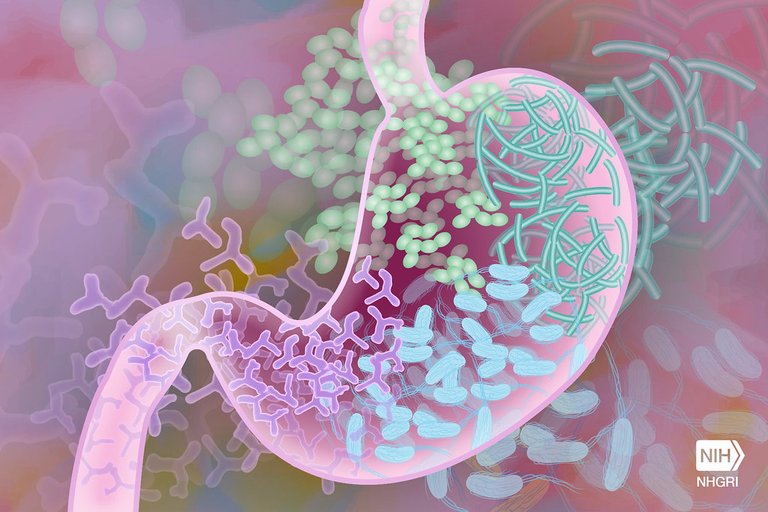Lactose Intolerance: The Digestive Puzzle of Dairy Discomfort
Do you feel gut discomfort after taking diary products, if you do then you are not alone in this. This is because experts have estimated that about 70% of the world's population are lactose intolerant (lactose mal-absorption). So in today's post, I will be explaining why people have gut discomfort after taking diary products.
Lactose is a double sugar compound made up of two sugar molecule (disaccharide) basically Glucose and Galactose. When consumed, it is divided into glucose and galactose, with glucose being a very stable molecule and a source of energy for the cell while galactose is not as stable as glucose and so will be converted to glucose.
Lactose is found in all types of diary product ranging from butter, cheese, milk and so on. When we consume these products, the lactose need to be converted to glucose for proper use by the body to produce energy. We would not discuss lactose in the body without mentioning lactase produced by the lactase gene which is the enzyme that breaks down lactose.
This enzyme is fully active in newborn who would get their energy from lactose being converted to glucose for energy in the child and this enzyme starts to down-regulate when the child is being weaned causing less lactase to be produced. It drops to a point where people begin to have lactose intolerance which is the umbrella term for lactose related intolerance conditions such as Lactose Malabsorption, and Lactose Non-persistence.
About 2/3 of the world population are intolerant to lactose to a certain degree while the once that are not intolerant have lactase persistence which refers to the lactase enzyme not down-regulating allowing lactose to still be broken down when consumed. It is common with people who have family history of rearing cattles. This is as a result of five or more single Nucleotide polymorphisms in the MCM6 located before the lactase gene on chromosome II causing the continuous production of lactase enzyme and these people consume dairy products continuously.
The small intestine is made up of villi, and when lactose get to the lumen, the human lactase being produced is Lactase-Phlorizin hydrolase which interacts with the lactose to break it down int Glucose and Galactose but this is possible in people that have upregulated lactase gene but for people who do not have upregulated lactase gene it will be unable to be absorbed.
Lactose-intolerant individuals often experience symptoms such as bloating, flatulence, diarrhea, nausea, and abdominal pain. While some may consider eliminating dairy from their diet, it may not be entirely feasible. The recommended approach involves limiting dairy intake to about one cup or 250ml to minimize the symptoms of lactose intolerance. For some, however, complete avoidance might be the only viable option.
When next you take that sweet ice cream or yogurt, and you start to feel stomach upset and discomfort, flatulence and abdominal pain, then you should know that you are one of the two-third people in the world that suffer from lactose intolerance and you should watch out for your lactose intake but if you are one of the few people who can take as much dairy product as possible, then you should know that you are one of the few people that are lactose persistent
Reference
https://www.niddk.nih.gov/health-information/digestive-diseases
http://www.vivo.colostate.edu/hbooks/pathphys
https://www.ncbi.nlm.nih.gov/pmc/articles/PMC6669050/
https://www.ncbi.nlm.nih.gov/pmc/articles/PMC7551416/
https://www.sciencedaily.com/releases/2014/04/140423111505.htm
https://www.ncbi.nlm.nih.gov/pmc/articles/PMC4242837/
https://www.ncbi.nlm.nih.gov/books/NBK310263/

Thanks for your contribution to the STEMsocial community. Feel free to join us on discord to get to know the rest of us!
Please consider delegating to the @stemsocial account (85% of the curation rewards are returned).
Thanks for including @stemsocial as a beneficiary, which gives you stronger support.